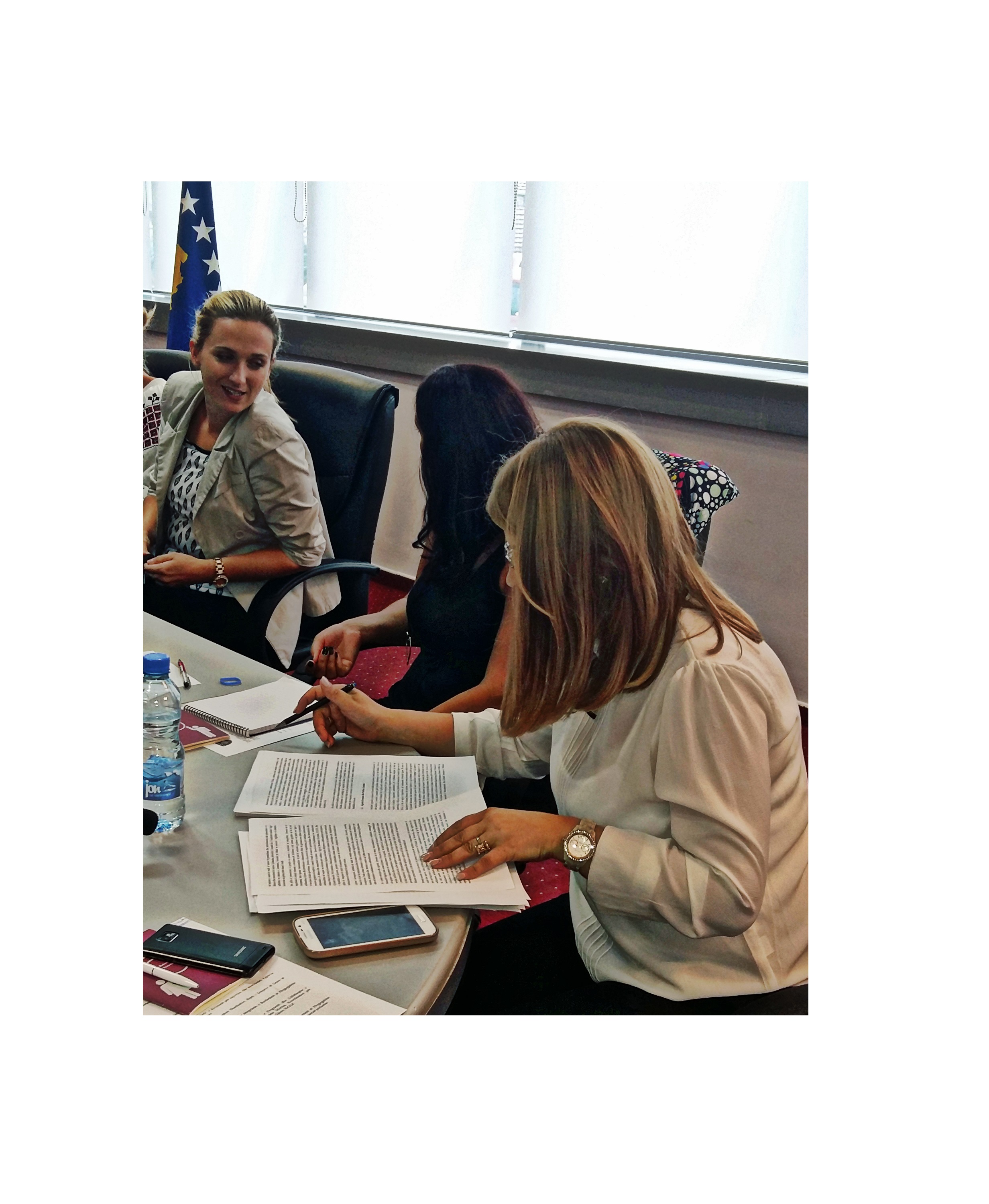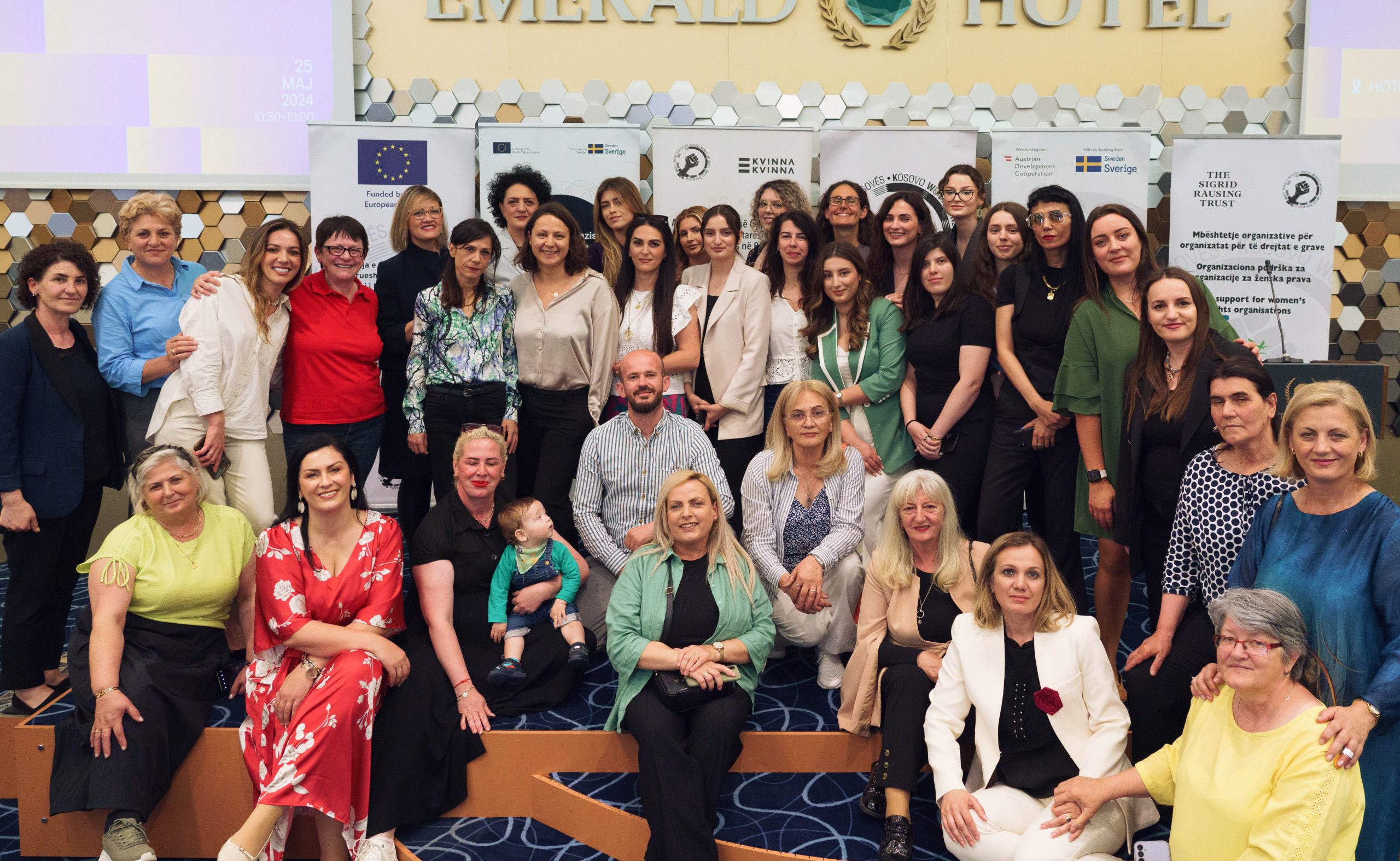With the new Law on Gender Equality (Law 05/L-020), Gender Responsive Budgeting (GRB) has become a legal obligation in Kosovo. While GRB is now required of all budget organizations, only a few have the institutional know-how on how to properly institutionalize GRB, a strategy for mainstreaming gender in budget documents and processes.
Fortunately, every budget organization (every ministry and every municipality) has a Gender Equality Officer (GEO), responsible for mainstreaming gender in all policies, strategies, and budgets. On 9 September, the Kosovo Women’s Network (KWN) in collaboration with the Agency for Gender Equality (AGE), organized a training on GRB for GEOs of all ministries and municipalities in the Republic of Kosovo.
Edi Gusia, Head of the Division for Monitoring and Evaluation at AGE, and Igballe Rogova, Executive Director of KWN opened the workshop. They emphasized the importance of GRB for ministries and municipalities.
During the workshop participants reviewed legal and practical definitions of GRB; learned a methodology for “doing” GRB that has already been piloted in two municipalities and two ministries in Kosovo; received information regarding the requirements of the Budget Circular for 2016/02; heard the experience of the Ministry of Education, Science and Technology in including GRB in an annex to their 2016 Budget; and subsequently had the opportunity to apply what they learned in a practical exercise: reviewing medium term budget planning documents and 2016 budgets from a gender perspective.
Nicole Farnsworth and Donjeta Morina from KWN led the workshop, assisting GEOs during the practical exercise.
“Your ministries and municipalities depend on you in this process,” said Donjeta Morina. “Your expertise can help integrate GRB in all budget documents and processes.” She emphasized that GRB is a critical tool in bringing forward issues of gender equality Kosovo-wide.
KWN hopes that by using the skills developed through the workshop GEOs can better support their respective budget organizations in collecting data disaggregated by gender, which will inform the medium term budget planning documents starting in January.
Indeed Edi Gusia encouraged all GEOs to collect and send to AGE a brief report on wages and salaries expenditures for women and men; wages and salaries expenditures based on the level of pay for women and men, towards identifying whether women and men tend to be concentrated at different decision-making levels; and subsidies and transfers by women and men beneficiaries. Such a gender analysis of these key budget categories is a crucial first step in identifying inequalities so that they can be addressed through medium and long-term planning in the future.
The workshop was supported by Deutsche Gesellschaft fuer Internationale Zusammenarbeit (GIZ).







